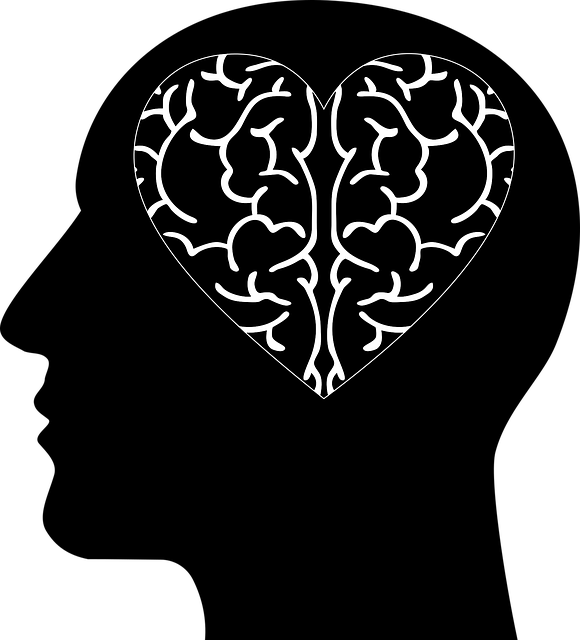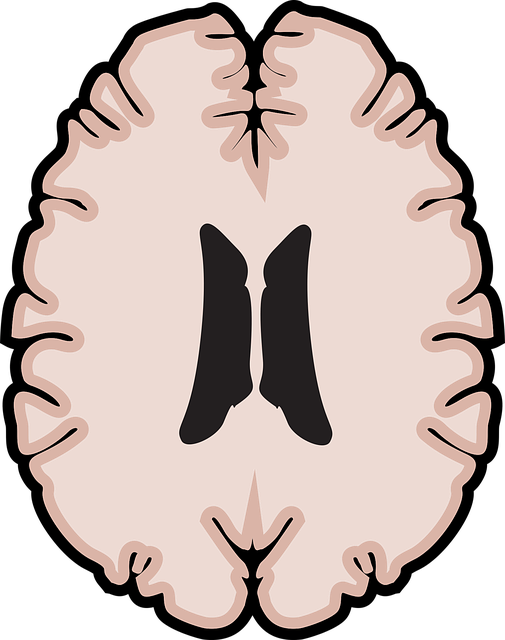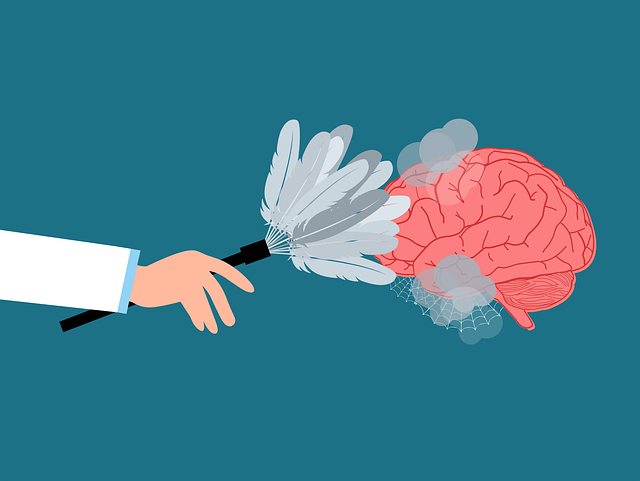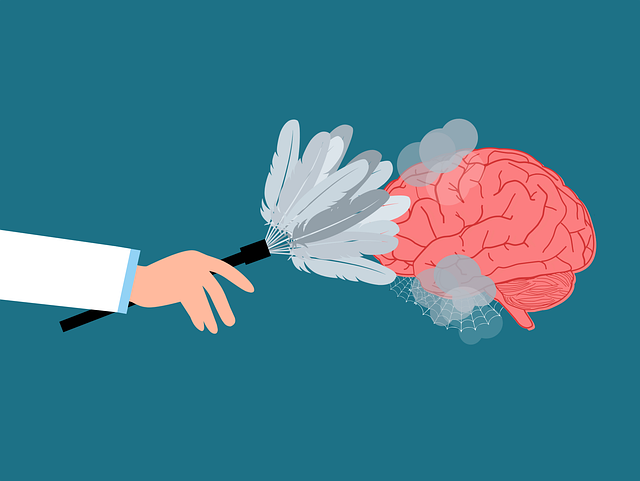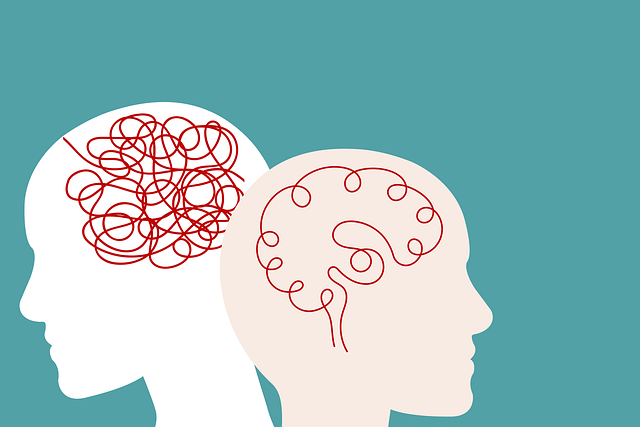Lafayette Learning Disability Therapy offers specialized support for individuals with learning disabilities experiencing loss, grief, or bereavement. Their compassionate therapists create a safe, non-judgmental environment, providing evidence-based practices to enhance coping abilities and build resilience. Through mental wellness coaching programs focusing on emotional regulation techniques, clients gain strategies to manage intense feelings, prevent sadness, and overcome challenges, ultimately achieving academic and personal success. Following loss, Lafayette Therapy offers essential resources for grief support, including Compassion Cultivation Practices, Crisis Intervention Guidance, and long-term resilience building through their specialized programs.
“Loss, grief, and bereavement are profound experiences that can significantly impact an individual’s well-being. This comprehensive guide explores these complex emotions, offering insights into their understanding and management. Discover how Lafayette Learning Disability Therapy provides a safe space for individuals to process sadness and navigate difficult times through counseling. Learn about common grieving processes, effective coping strategies, and available resources, empowering you to find support and healing after loss.”
- Understanding Loss, Grief, and Bereavement: A Comprehensive Overview
- The Role of Counseling in Navigating Difficult Times
- Lafayette Learning Disability Therapy: Supporting Individuals Through Sadness
- Common Grieving Processes and Effective Coping Strategies
- Resources and Next Steps for Finding Support After Loss
Understanding Loss, Grief, and Bereavement: A Comprehensive Overview

Loss, grief, and bereavement are complex emotional experiences that vary greatly from person to person. Understanding these processes is crucial for anyone seeking support or offering assistance during difficult times. Lafayette Learning Disability Therapy recognizes that loss can stem from various sources, including the death of a loved one, significant relationship changes, or even the diagnosis of a severe illness. Each individual’s grief journey is unique, and it is characterized by a range of emotions such as sadness, anger, guilt, and acceptance.
Through comprehensive counseling sessions, Lafayette Learning Disability Therapy aims to provide a safe space for individuals to explore and process their feelings. Our therapists employ evidence-based practices to help clients navigate the stages of grief, enhance coping strategies, and build resilience. By addressing underlying mental health concerns and fostering self-awareness, we support those affected by loss in managing their emotional well-being, boosting confidence, and preventing burnout. Additionally, our services contribute to Mental Illness Stigma Reduction Efforts by offering non-judgmental support tailored to each person’s unique needs.
The Role of Counseling in Navigating Difficult Times

Counseling plays a pivotal role in helping individuals navigate difficult times following loss and grief. It’s more than just offering a shoulder to cry on; it involves providing a safe space for clients to explore their emotions, understand their experiences, and develop healthy coping mechanisms. Professional therapists, such as those at Lafayette Learning Disability Therapy, offer valuable tools like emotional regulation techniques, crisis intervention guidance, and empathy-building strategies that empower individuals to process grief in a meaningful way.
Through personalized sessions tailored to each client’s unique needs, counseling fosters resilience and allows people to begin the process of healing. By addressing underlying issues, learning healthy ways to express emotions, and gaining insights into their grief journey, clients can gradually find peace and move forward while cherishing memories and maintaining hope for the future.
Lafayette Learning Disability Therapy: Supporting Individuals Through Sadness

At Lafayette Learning Disability Therapy, we understand that loss, grief, and bereavement can profoundly impact individuals, especially those with learning disabilities. Our compassionate therapists are equipped to provide specialized support tailored to each client’s unique needs. We believe in fostering a safe and non-judgmental environment where emotions can be expressed freely.
Through our mental wellness coaching programs, we guide clients towards effective coping strategies for navigating sadness and grief. By integrating principles of emotional regulation techniques, our therapists help individuals develop resilience and adaptive skills to manage intense feelings associated with loss. Depression prevention is a key focus, as we empower clients to recognize early signs and implement proactive measures to maintain mental balance.
Common Grieving Processes and Effective Coping Strategies

Resources and Next Steps for Finding Support After Loss

After experiencing a loss, it’s crucial to know that support is readily available. Resources like Lafayette Learning Disability Therapy offer specialized therapy services tailored for individuals navigating grief and bereavement. Their team of compassionate professionals provides guidance and tools to help manage intense emotions associated with loss.
For those seeking additional resources, Compassion Cultivation Practices can be a game-changer in fostering mental wellness. Crisis Intervention Guidance is also accessible, ensuring immediate support during challenging times. Moreover, exploring Mental Wellness Coaching Programs Development can offer long-term strategies for building resilience and adapting to life’s changes. Remember that these steps are essential in the healing process, providing comfort and a sense of stability as one moves forward.
In the face of loss, grief, and bereavement, seeking professional support can be transformative. Articles like this one have highlighted the profound impact of counseling in navigating these challenging times. Lafayette Learning Disability Therapy serves as a beacon of hope, offering tailored support to individuals grappling with sadness. By understanding common grieving processes and adopting effective coping strategies, individuals can begin their journey towards healing. Remember that resources are readily available, and taking the first step towards seeking support is a testament to one’s resilience.
